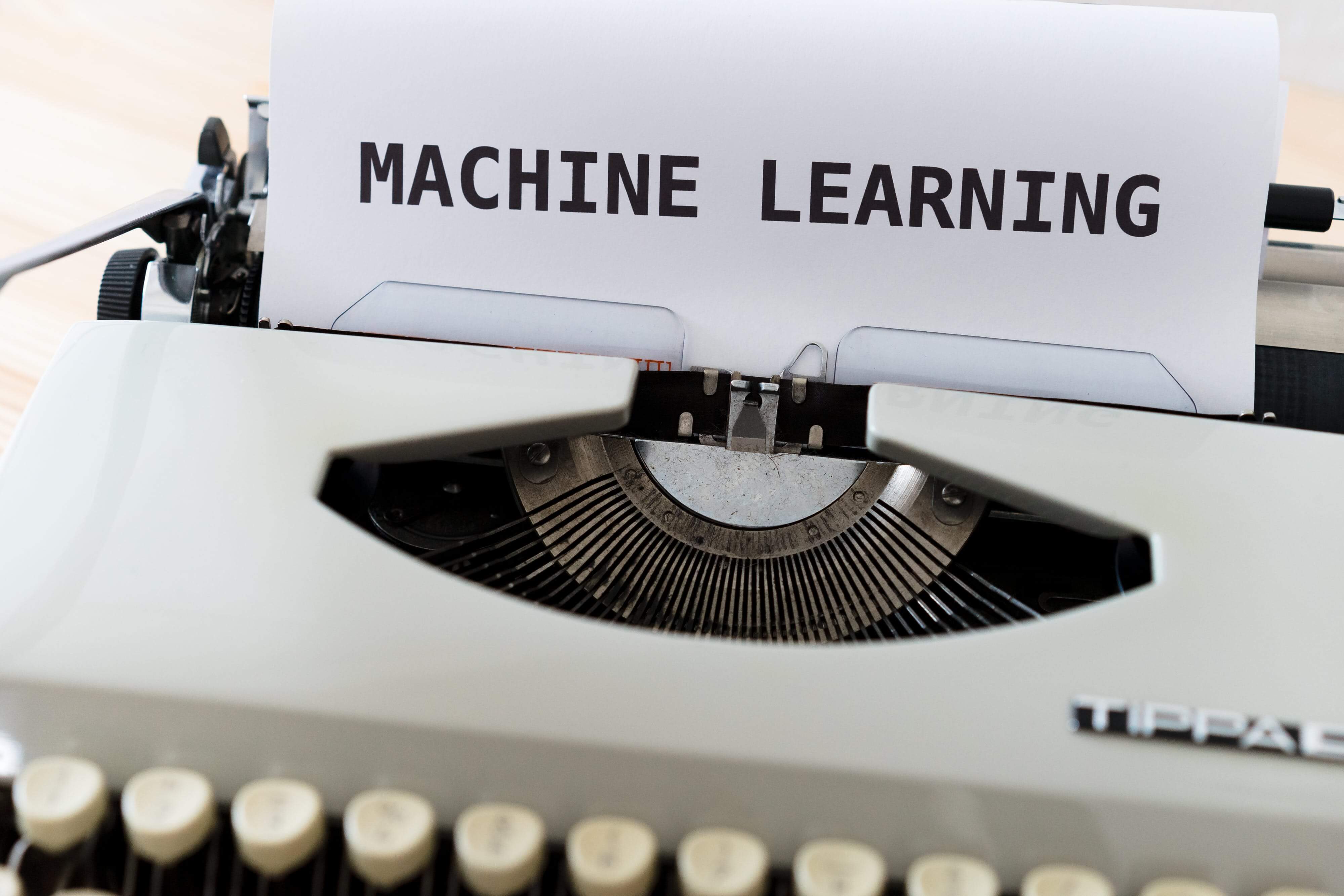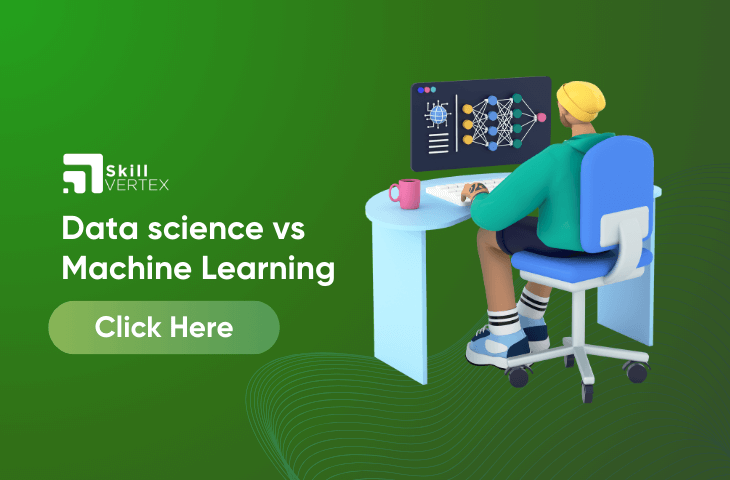Table of Contents
Data Science Vs Machine Learning
This article will help us understand the differences between Data Science and Machine Learning, and how they work together to shape our tech-driven world. Although people often use these terms interchangeably, they have some key differences.
Data Science covers everything from gathering data to analyzing it to finding useful insights. On the other hand, Machine Learning is a part of artificial intelligence that focuses on creating algorithms to help machines learn from data and get better at tasks over time.
What is Data Science?

Data Science is considered a broad, multidisciplinary field that values from today’s massive data sets. Even though, it has advanced tools that will monitor raw data, collect a data set, and create insights to create meaning. The various fields of Data Science are Mining, Statistics, data analytics, data modeling, machine learning modeling, and programming.
Data Science will help businesses find out new problems. Once these problems are identified, Machine Learning and statistical analysis will look into them to find solutions. Data Science will monitor the business issue, figure out what data is needed, and then analyze that data to solve the real-world problem.
What is Machine Learning?

Machine learning (ML) is a sub-division of artificial intelligence (AI) that looks into learning from data science. It needs data science tools for the initial cleaning, preparation, and monitoring of the unstructured big data. Moreover, Machine learning can learn from the data to create insights that can improve performance or inform predictions.
In machine learning, machines use tools to analyze data. They work on specific problems using various techniques and tools, creating algorithms that allow them to learn from data through experience with very little help from humans. Moreover, they can handle huge amounts of data, and they get better as they process more data.
Difference Between Machine Learning and Data Science
| Data Science | Machine Learning |
|---|---|
| It is a broad term that will create a model for a given problem and deploy the model. | It is used in the data modeling step of data science as a complete process. |
| It is used for discovering insights from the data. | It will make predictions and classify the result for new data points. |
| It can understanding and find hidden patterns or useful insights from the data. | A sub-division of data science that enables the machine to learn from the past data and experiences |
| A data scientist requires skills such as Hadoop, Hive, and Pig, statistics, and programming in Python, R, or Scala. | The skills needed are computer science fundamentals, programming skills in Python or R, statistics and probability concepts, etc. |
| It can work with raw, structured, and unstructured data. | It needs structured data to work on. |
| Data scientists utilize time in handling the data, cleansing the data, and understanding its patterns. | Data scientists utilize their time handling the data, cleansing the data, and understanding its patterns. |
Conclusion
In conclusion, while data science and machine learning are closely related, they serve distinct purposes. Data science involves extracting insights and knowledge from diverse datasets, encompassing various techniques. On the other hand, machine learning is a sub-division of data science, focusing specifically on creating models that can learn and make predictions.
Both are valuable tools, with data science providing a broader analytical framework, and machine learning offering specific algorithms for automated learning. The choice between them depends on the goals and requirements of a particular task or project.
Data Science Vs Machine Learning-FAQ
Q1. What is data science and machine learning?
Ans. Data science manages big data for decision-making, while machine learning uses algorithms to analyze and predict trends. AI relies on a continuous data feed for ongoing learning and improved decision-making.
Q2. Should I learn data science before machine learning?
Ans. Before diving into Machine Learning, a foundation in data analysis is crucial. Proficiency in programming languages such as R, Python, and Java becomes essential for understanding and cleaning data, prerequisites for creating effective Machine Learning algorithms.
Q3. What is the future of data science?
Ans. In the future, jobs in Data Science will involve being a communicator between computers and people. Data scientists will use tools like AI and Machine Learning to handle big data and draw important conclusions.
Hello, I’m Hridhya Manoj. I’m passionate about technology and its ever-evolving landscape. With a deep love for writing and a curious mind, I enjoy translating complex concepts into understandable, engaging content. Let’s explore the world of tech together

